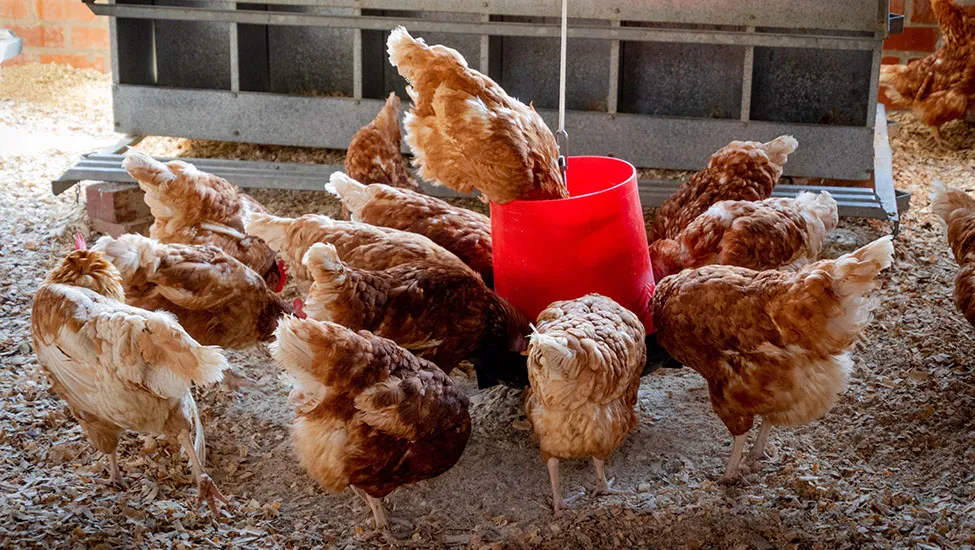The meat and poultry industries are vital sectors that play a key role in feeding the world. From farm to table, these industries are dedicated to providing high-quality, nutritious, and safe products. Their continued growth and innovation make them standout industries in today’s economy.
1. Commitment to Safety and Quality
The meat and poultry industries prioritize food safety through:
- Stringent Regulations – Regular inspections by agencies like the USDA and FDA ensure compliance with health and safety standards.
- Advanced Technologies – Modern processing techniques reduce contamination risks and improve preservation.
- Traceability Systems – These systems allow products to be tracked through every stage of production, ensuring transparency and accountability.
2. Economic Impact
The meat and poultry sectors contribute billions to the economy and support millions of jobs worldwide. From farmers and processors to distributors and retailers, these industries are integral to global supply chains.
3. Nutritional Value
Meat and poultry are excellent sources of protein, vitamins, and minerals, such as iron, zinc, and B vitamins. Their nutritional benefits make them staples in diets around the world.
4. Focus on Sustainability
Modern farming methods emphasize sustainable practices to reduce environmental impact. Efforts include:
- Efficient Resource Use – Minimizing water and energy consumption.
- Waste Reduction – Recycling by-products and using biodegradable packaging.
- Animal Welfare Programs – Ensuring ethical treatment of livestock.
5. Innovation and Technology
The industries are embracing innovation to meet consumer demands:
- Plant-Based Alternatives – New products cater to diverse dietary preferences.
- Smart Farming – Technologies like IoT and AI improve productivity and monitoring.
- Packaging Solutions – Eco-friendly packaging enhances freshness and reduces waste.
Conclusion
The meat and poultry industries continue to set high standards in safety, quality, and sustainability. As they evolve with new technologies and practices, they remain key contributors to nutrition, economic growth, and global food security.



